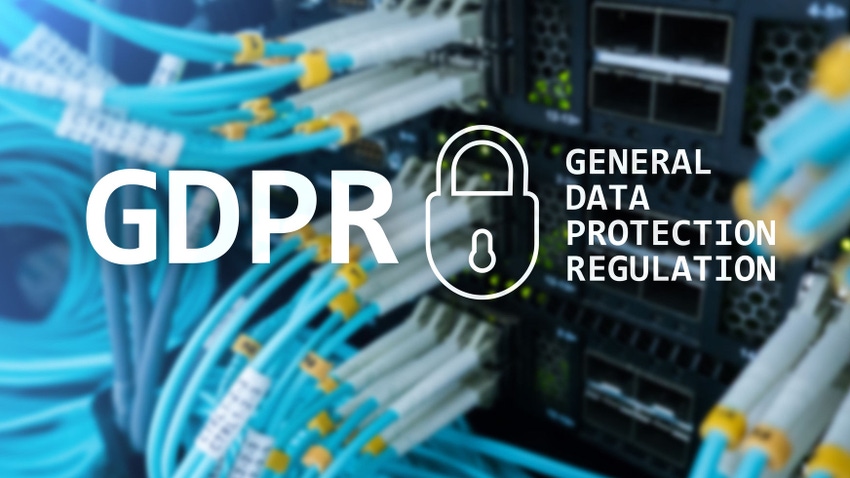The initial effects of GDPR seem to be that the biggest companies have benefited but the US government thinks it’s harming relations.
May 31, 2018

The initial effects of GDPR seem to be that the biggest companies have benefited but the US government thinks it’s harming relations.
The Wall Street Journal reports that Google and Facebook have had a significant advantage over all other digital advertisers as their size has enabled them to tick all the GDPR boxes at scale far more quickly than anyone else. In fact Google’s DoubleClick Bid Manager is apparently sending more traffic towards Google’s own ad inventory as a result.
It’s far from surprising that a massive new layer of bureaucracy benefits the largest companies the most, as we previously observed. All the kinky talk of compliance and forced consent gives larger organisations a natural advantage as they’re able to devote more resources to ticking all the bureaucratic boxes and have more lawyers to protect them if they transgress regardless.
The European Union is, of course, one of the largest organisations of all and thus has much more natural affinity with the likes of Google than it does some relatively insignificant SME. That’s not to say the EU sought to deliberately favour a company it recently hit with a massive fine, just that the more it meddles with business, the more advantage it gives big companies.
While Google and Facebook might be quietly pleased with how GDPR is playing out, the US government is growing increasingly agitated. Writing in the FT US Commerce Secretary Wilbur Ross said “We in the US are deeply concerned about the way the EU’s new privacy guidelines, which came into effect last week, will force big changes in the way US and European companies do business.”
“GDPR creates serious, unclear legal obligations for both private and public sector entities, including the US government. We do not have a clear understanding of what is required to comply. That could disrupt transatlantic co-operation on financial regulation, medical research, emergency management co-ordination, and important commerce.”
If even the US government doesn’t know how to comply then what hope does some small business have? Furthermore there have been some reports that even the European Commission itself is struggling with compliance and may be looking to exempt itself from its own rules, which would be a classic EC move.
This public grumbling from the US government comes as trade tensions between the EU and the US have escalated after the two were unable to come to a compromise over the trade of steel and aluminium, which President Trump seems to think needs correcting in favour of the US. As a result the US has imposed tariffs on the import of these metals from the EU, creating the prospect of retaliatory tariffs and further escalation.
“I am concerned by this decision,” said EC President Jean-Claude Juncker. “The EU believes these unilateral US tariffs are unjustified and at odds with World Trade Organisation rules. This is protectionism, pure and simple. Over the past months we have continuously engaged with the US at all possible levels to jointly address the problem of overcapacity in the steel sector.
“By targeting those who are not responsible for overcapacities, the US is playing into the hands of those who are responsible for the problem. The US now leaves us with no choice but to proceed with a WTO dispute settlement case and with the imposition of additional duties on a number of imports from the US. We will defend the Union’s interests, in full compliance with international trade law.”
The EU is the joint biggest exporter of steel to the US along with Canada, according to the BBC. Canada and Mexico have also been hit with the same tariffs and the affected regions seem likely to slap tariffs on the import of bourbon, jeans and hot air. It’s not inconceivable that the GDPR moans are part of a broader negotiating strategy but it looks like things will get worse before they get better.
About the Author(s)
You May Also Like








.png?width=300&auto=webp&quality=80&disable=upscale)


_1.jpg?width=300&auto=webp&quality=80&disable=upscale)


.png?width=800&auto=webp&quality=80&disable=upscale)